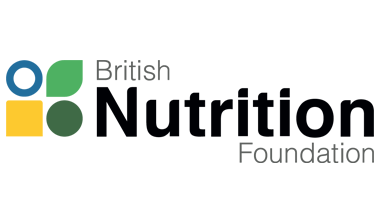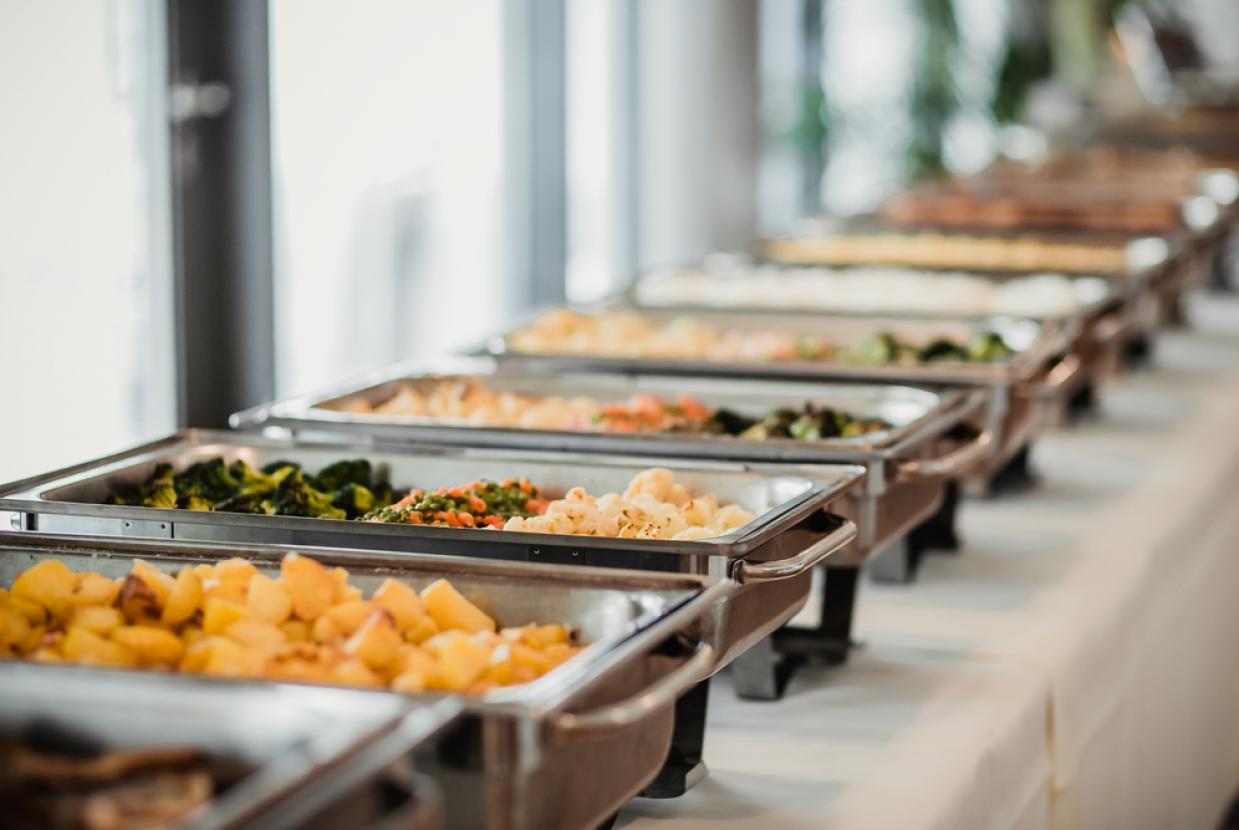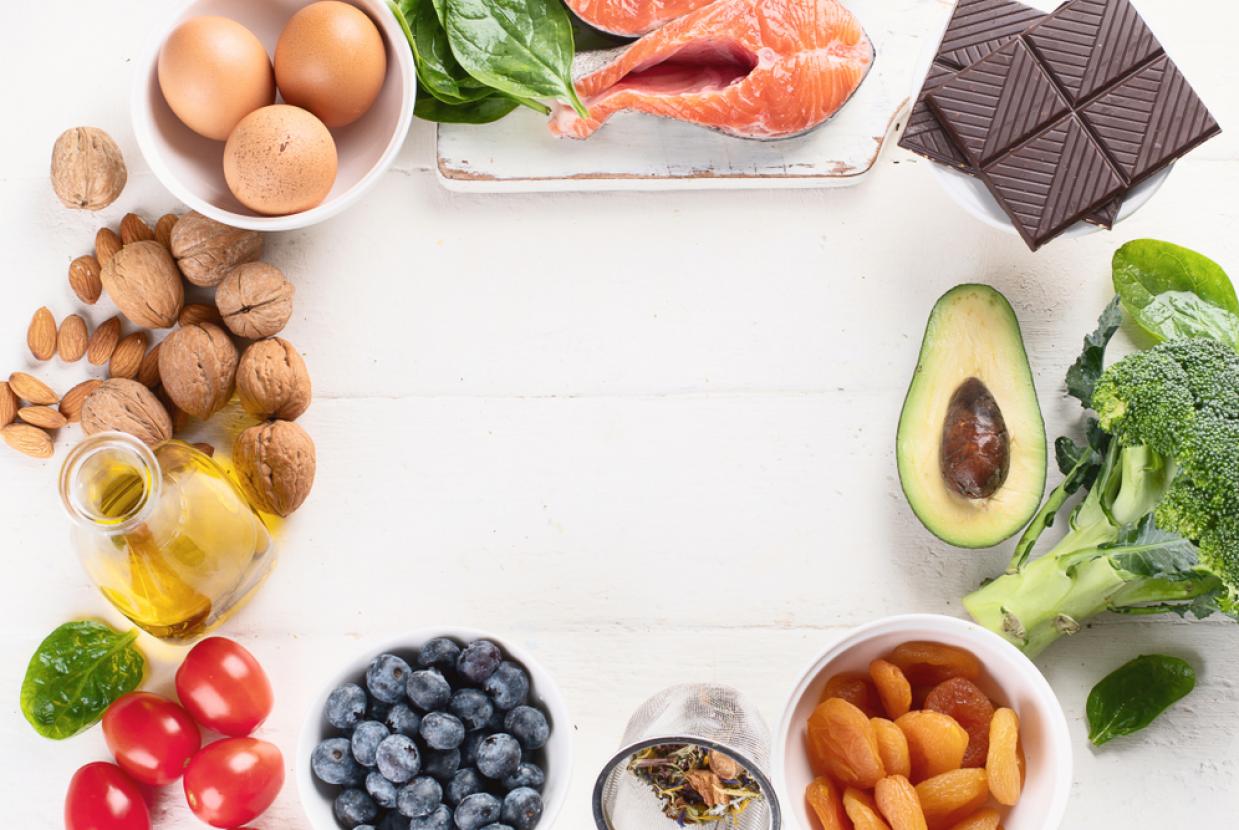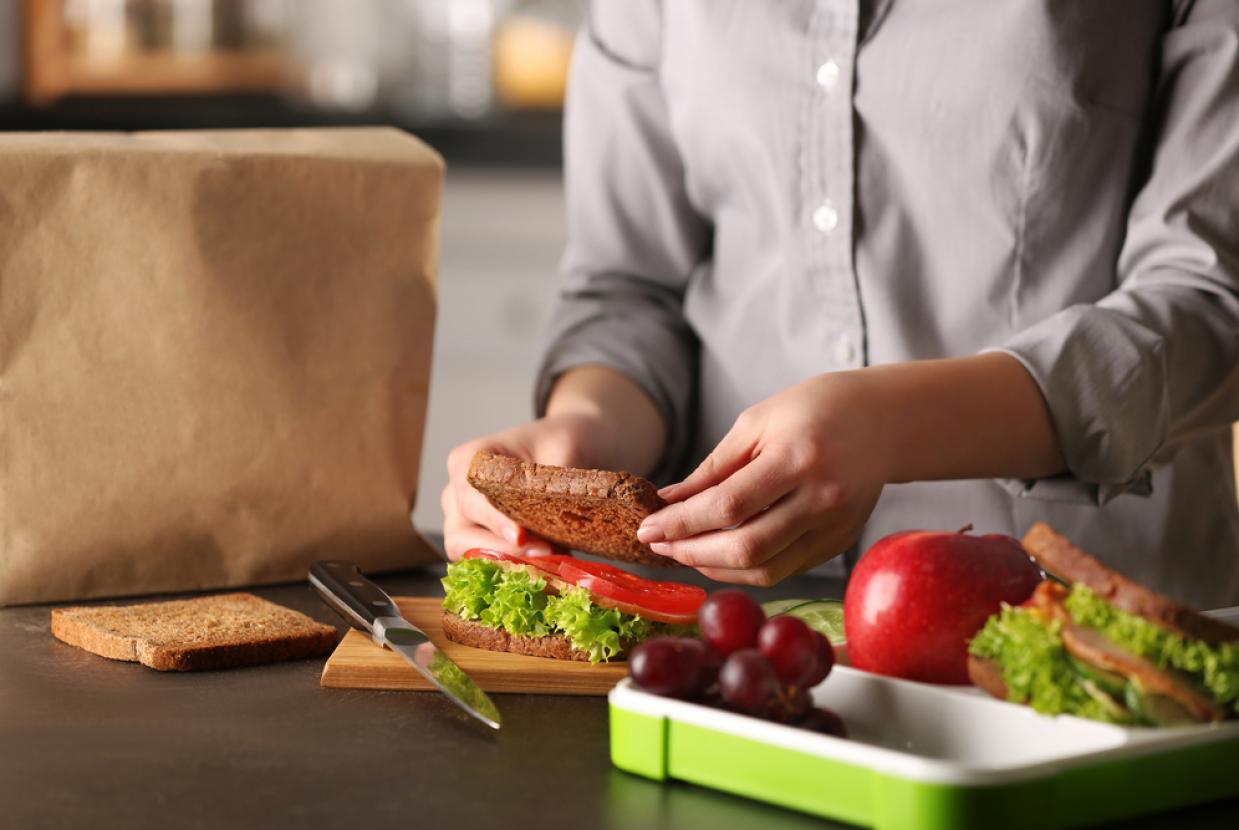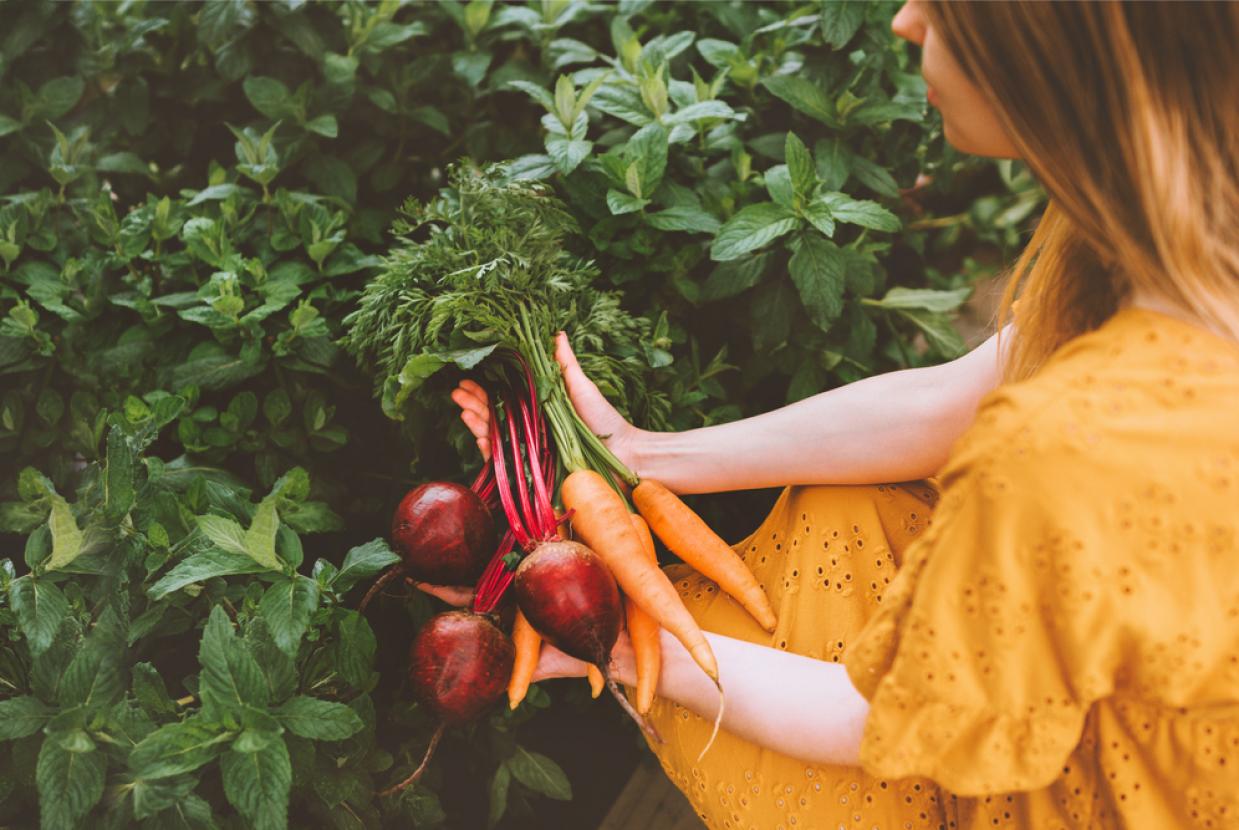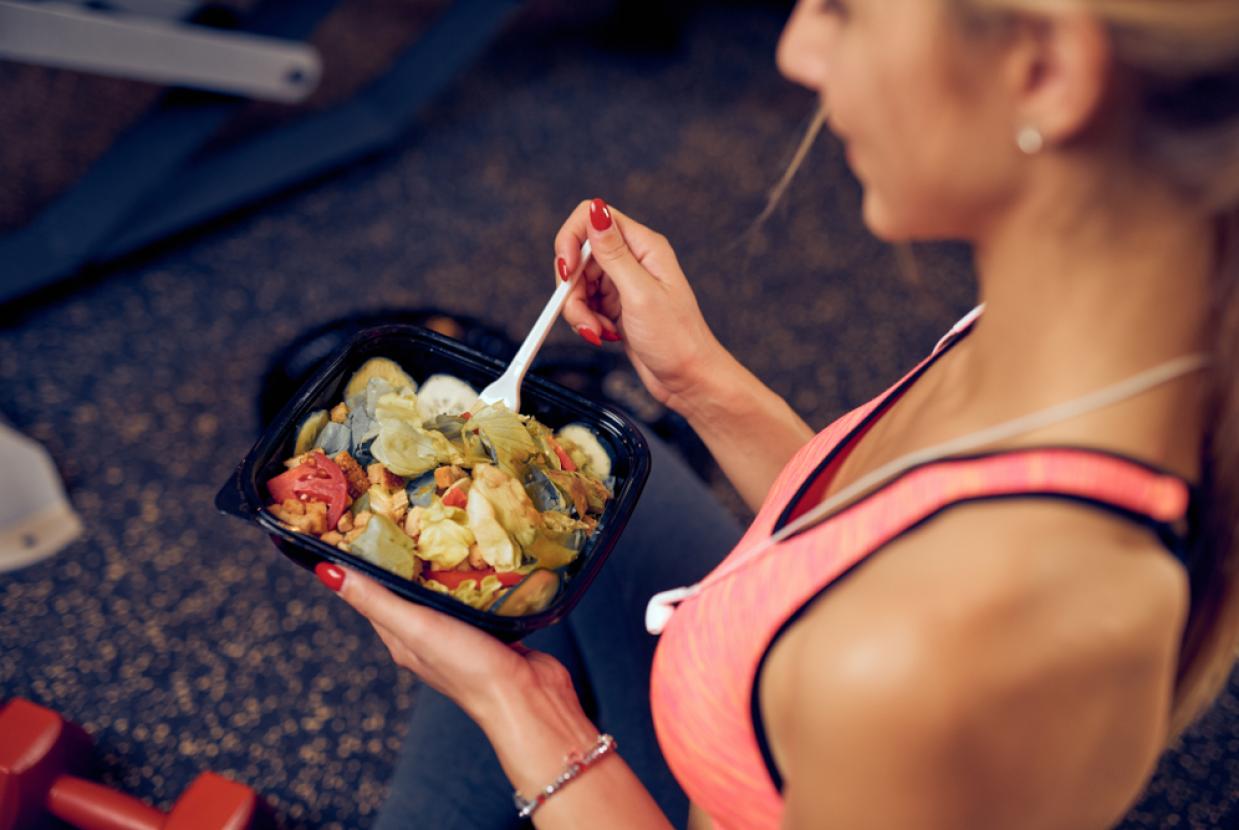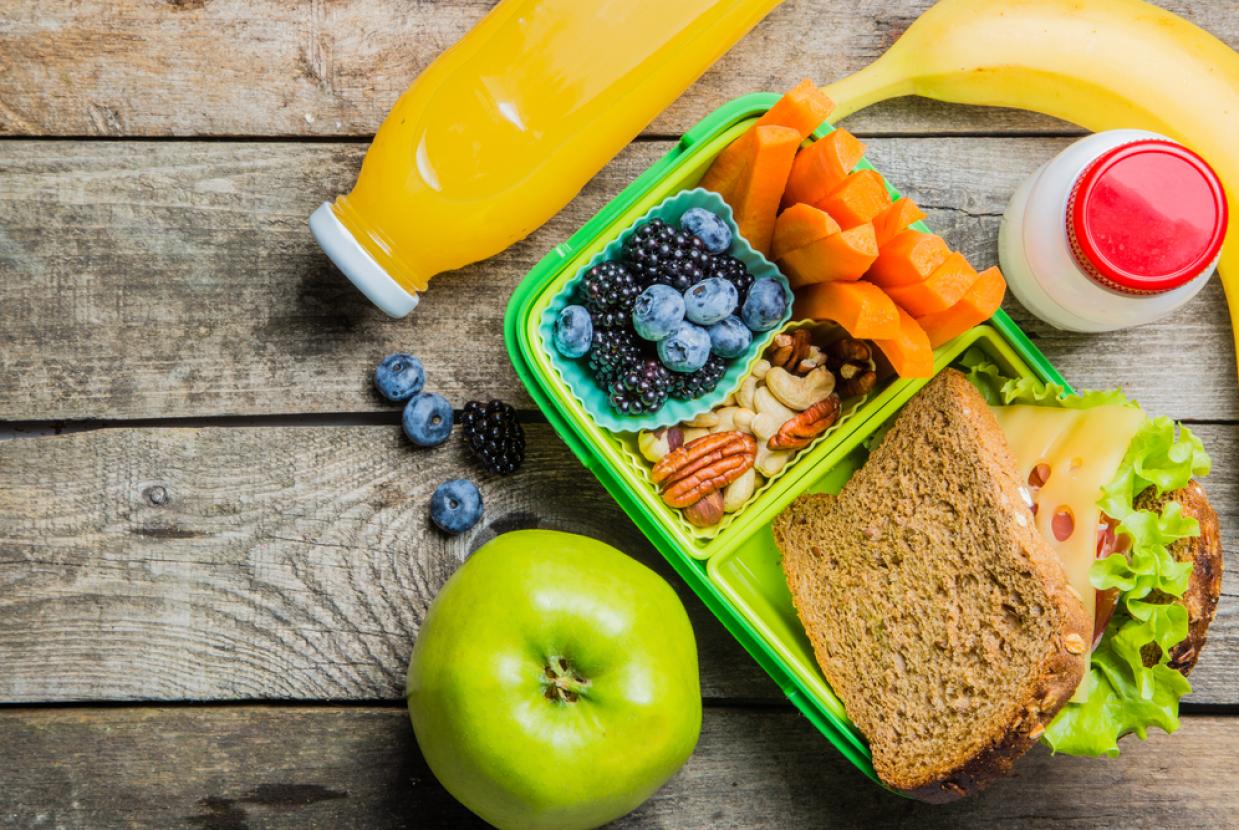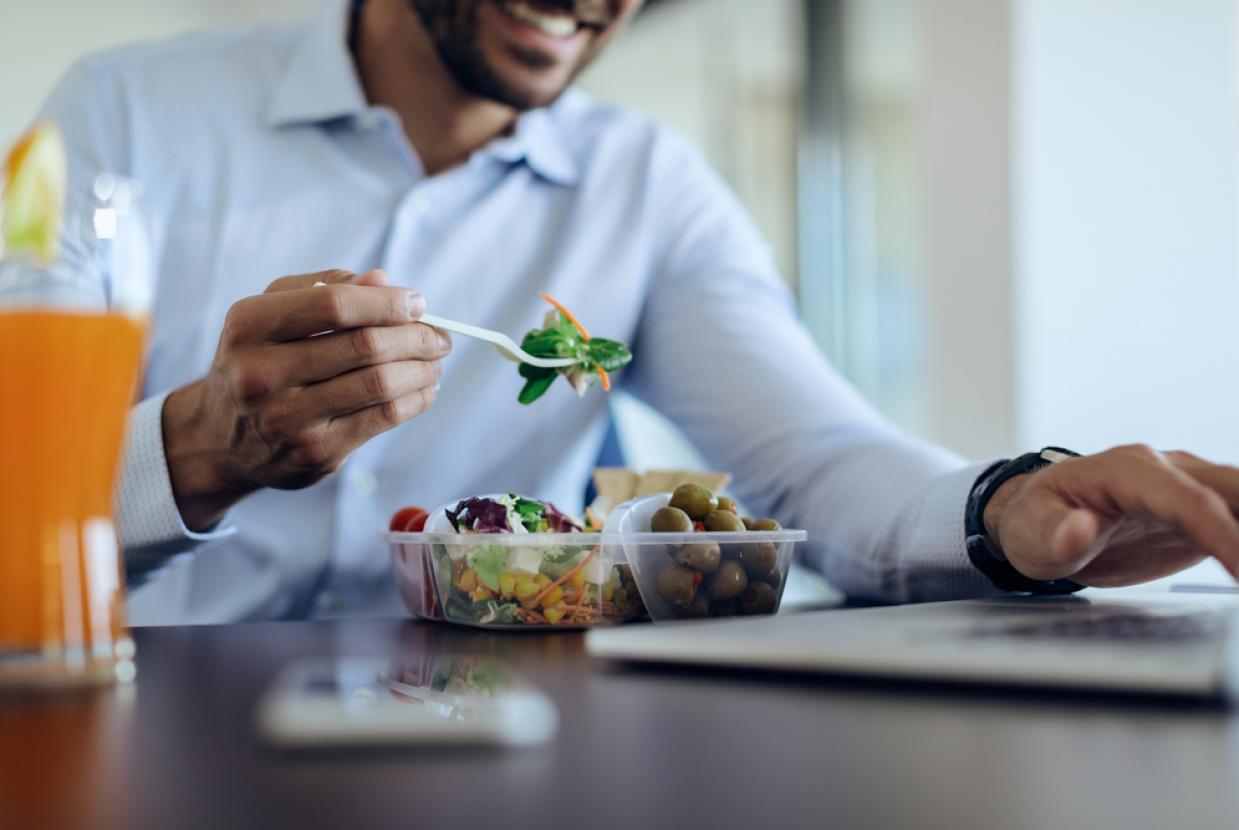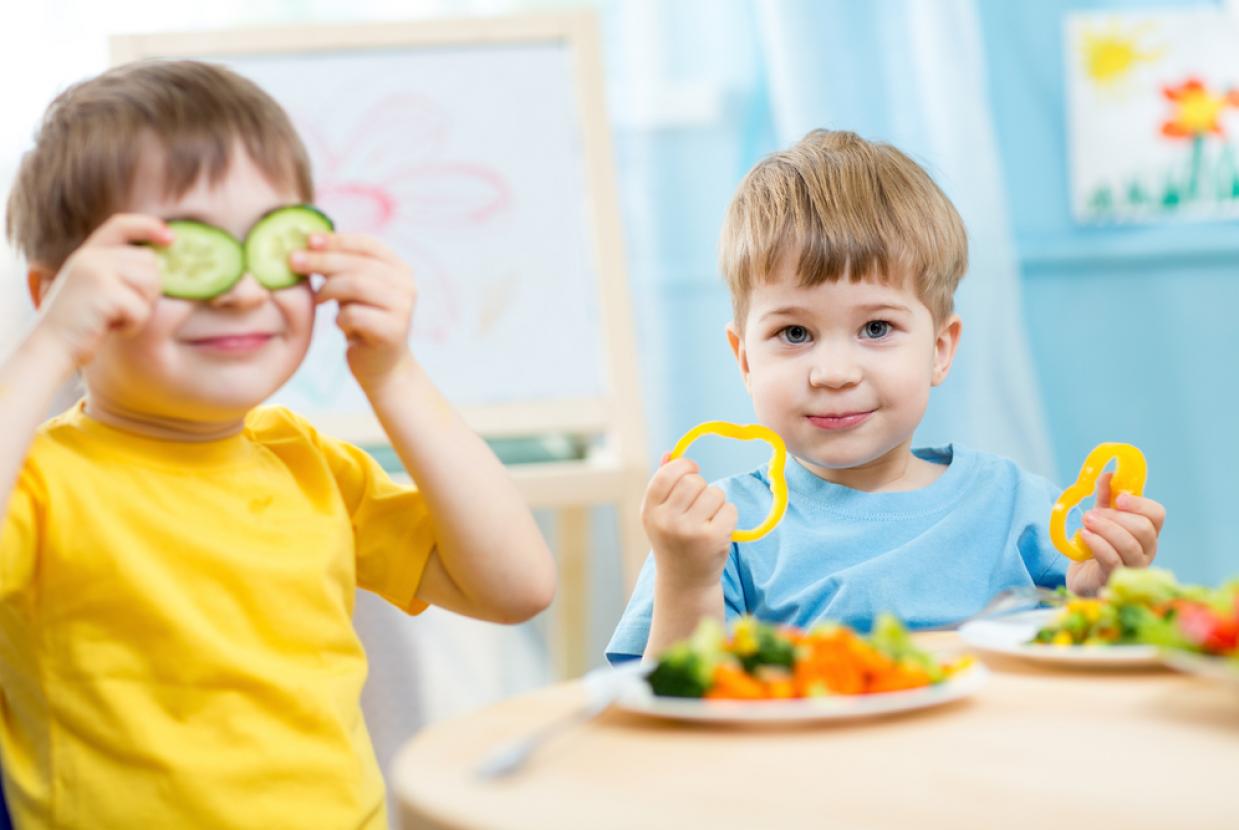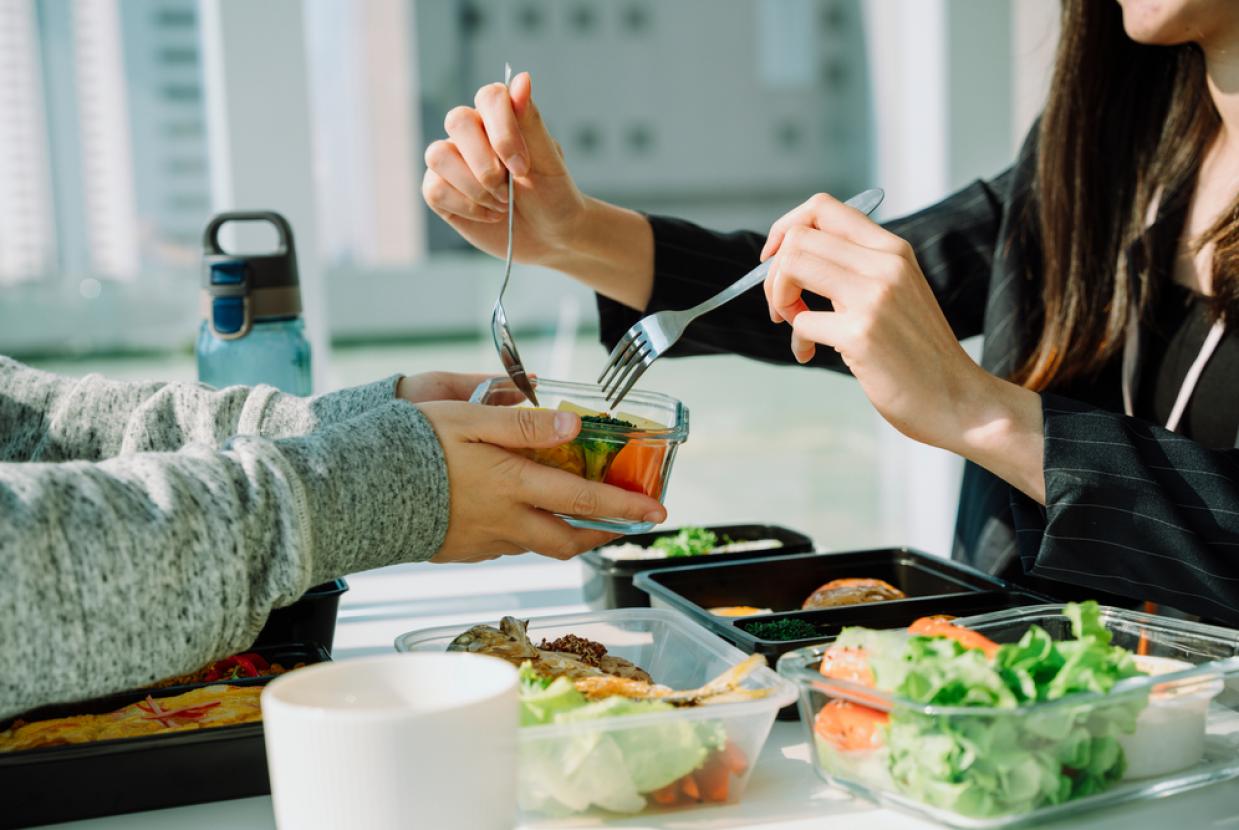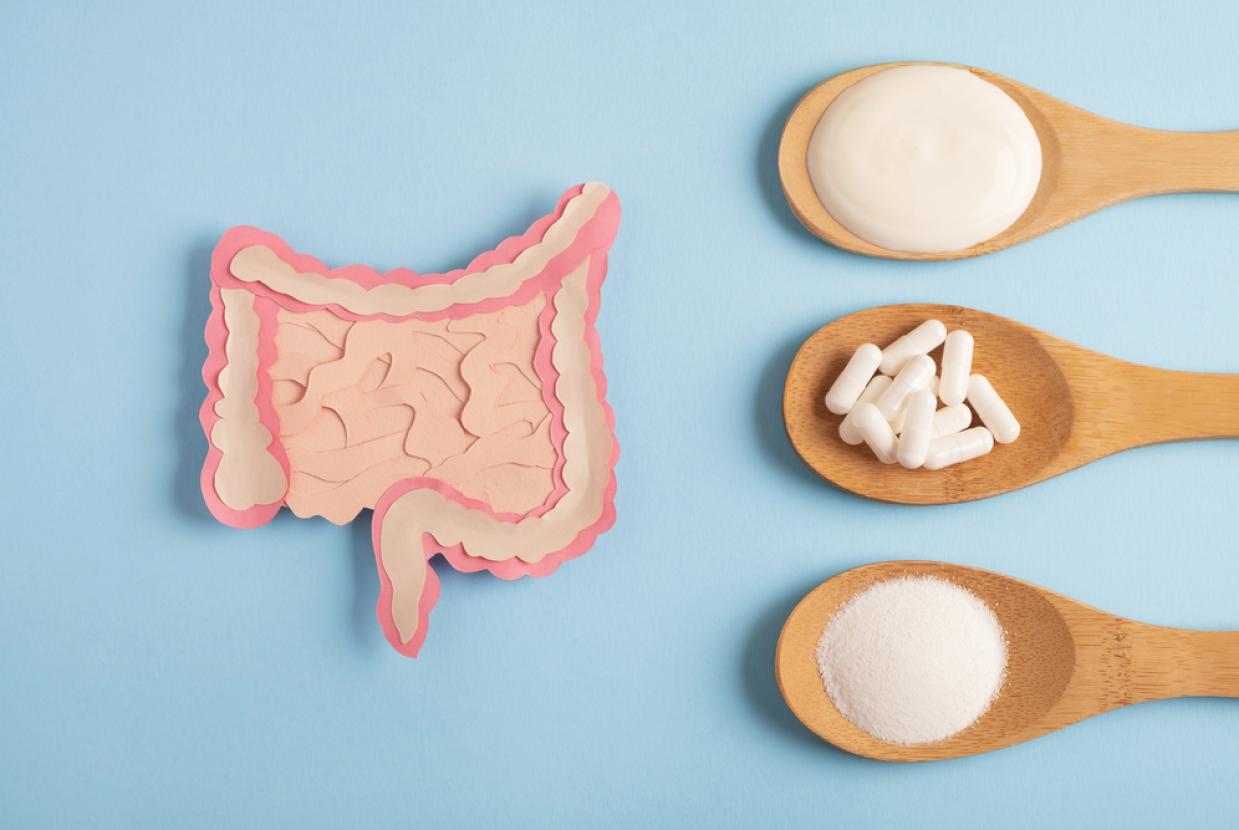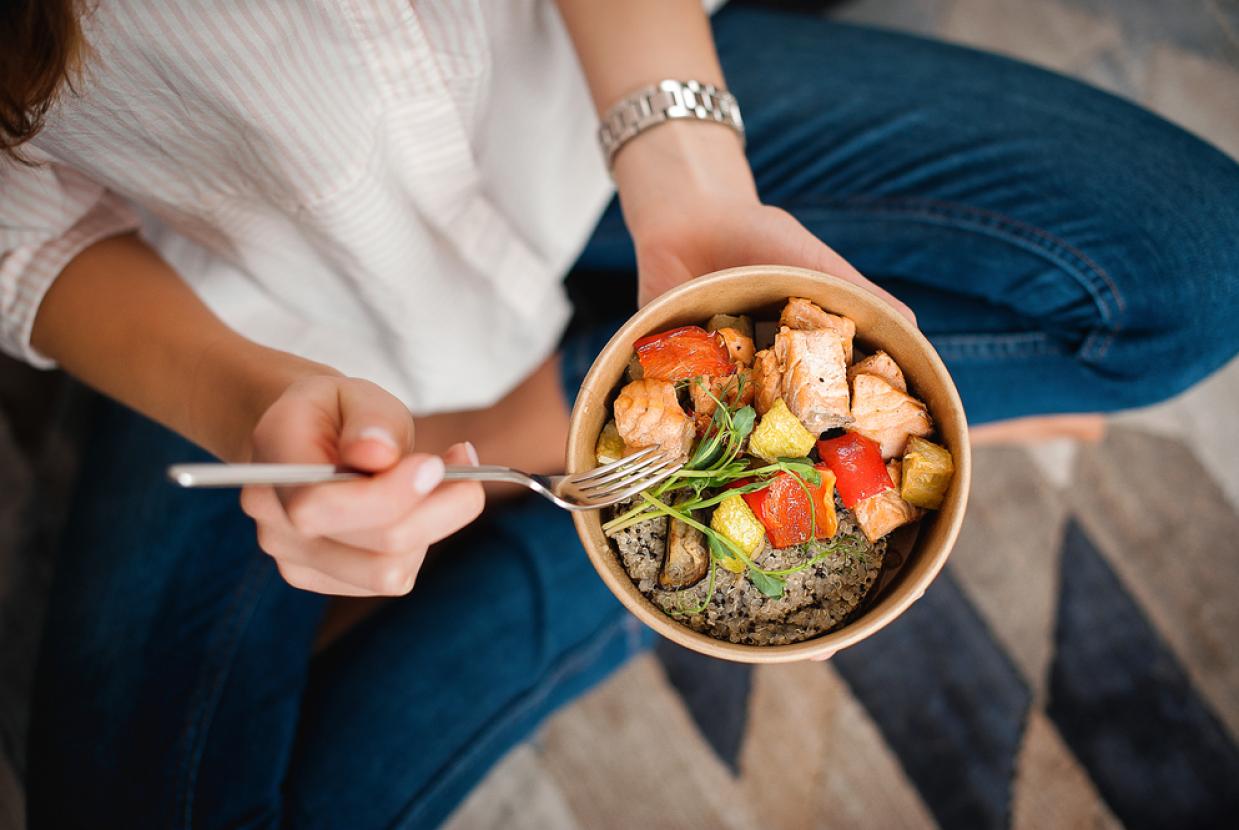Processed Foods
You may have seen the term ‘processed food’ associated with products like ready-meals and fatty or sugary snack foods. However, the majority of food consumed nowadays is processed to some degree and many foods are inedible without some form of processing.
For example, many beans and pulses are not safe to eat unless soaked and cooked. Food is processed by the food industry but home cooking is also a form of processing, and techniques such as boiling, fermenting and salting have been used for thousands of years. Some examples of food processing methods include freezing, canning, baking, pickling and pasteurisation.
Why is food processed?
There are several reasons for processing food:
- To make food edible – foods like potatoes and grains cannot be eaten unless they are processed in some way.
- For safety - milk, for example, is treated with mild heat (pasteurisation) to eliminate harmful bacteria.
- To preserve foods and increase their shelf life - this often allows foods to be provided at a lower cost; for instance, frozen vegetables have similar nutritional value as fresh, and they cost less as they have a longer shelf-life.
- To enhance its nutritional quality - food fortification involves the addition of nutrients to foods as a method of improving the nutritional status of a population and some methods of processing, such as freezing, can help to preserve nutrients.
- For convenience - processed foods can be quicker to prepare or may be ready to eat.
Why the concern about processed foods?
The modern food supply provides us with a wide variety of convenient, relatively cheap and readily available processed foods. Alongside this, our lifestyles are now increasingly sedentary. This means that our environment is encouraging us to eat more than we need, and this can encourage weight gain. This is not down to food processing per se, but it is important to reduce consumption of foods that are high in fat, sugar and salt, many of which are processed foods.
Ultra-processed food: what is behind the headlines and what does it mean?
The term ‘ultra-processed foods’ is based on a food classification method called NOVA which categorises foods according to the way they are prepared and the extent of processing that have undergone. Ultra-processed foods are defined as ‘formulations of ingredients, mostly of exclusive industrial use, typically created by series of industrial techniques and processes’.
Examples include sweets, crisps, sweetened flavoured yoghurt, manufactured breads, breakfast cereals and packaged soups. A number of research studies that have featured in the headlines in recent years have linked consumption of ultra-processed foods to negative health outcomes such as obesity, cancer and mortality from any cause and authors of these studies have suggested factors linked specifically to processing such as additives, process contaminants and compounds formed at high temperatures, could be causing the effects seen.
However, a wide range of foods can be classified as ultra-processed. This includes foods like chocolate and fried snacks that are not considered a necessary part of a healthy diet, as well as those like wholemeal breads and vegetable-based pasta sauces that are often part of healthy dietary patterns. The design of these studies does not allow us to draw conclusions about any ‘cause and effect’ relationships between ultra-processed food consumption and makes it difficult to be clear on what properties of the foods included in the ‘ultra-processed’ category could be responsible for the associations that have been found.
Can processed foods be part of a healthy, balanced diet?
While ‘processed foods’ may be treated as if they are a single group of unhealthy products, actually they include a huge range of different foods with varying nutritional qualities. As outlined above, processing can include a wide variety of methods from pickling and fermenting to heat treatment, which may be used in order to make a food edible, safe to eat or to enhance its taste or appearance.
In some cases, processing may make a food less healthy, for example by adding high levels of salt or sugar. There are also specific concerns about some types of processed foods such as processed meats, which are linked to an increased risk of bowel cancer. However, in other cases processing may help to make relatively healthy foods more accessible and affordable, so there’s no need to exclude processed foods from the diet but it is important to make healthier choices.
Nutrition labels can be a useful tool when choosing between processed foods and can help you make healthier choices. Many foods have ‘traffic light’ labels on the front of pack, providing a quick guide to what they contain.
Processed foods can also take the form of ready-prepared foods like pasta sauces, soups and ready meals. These can vary widely in their composition from products that are high in fat and salt such as deep-dish pizzas or meat pies to foods like tomato and vegetable pasta sauces or bean-based soups which provide vegetables, some fibre and a range of nutrients as well as being less energy dense. The nutritional contribution of processed foods in your diet will therefore depend on the choices you make.



